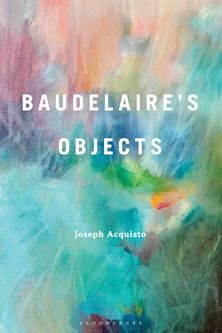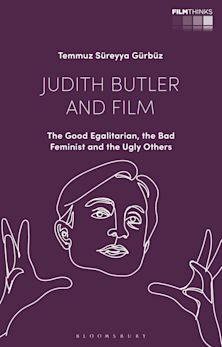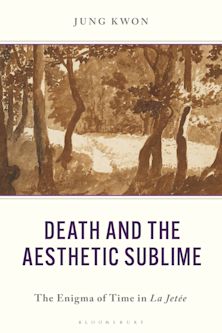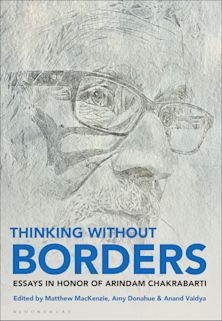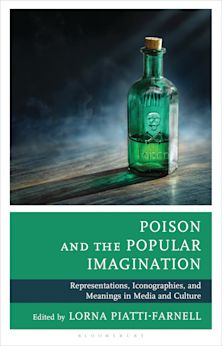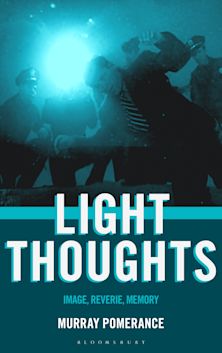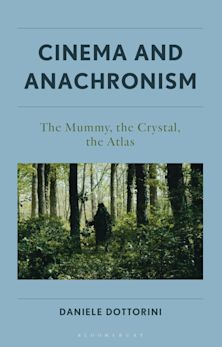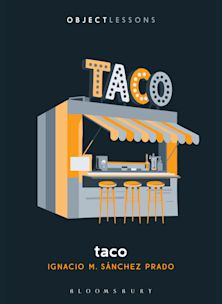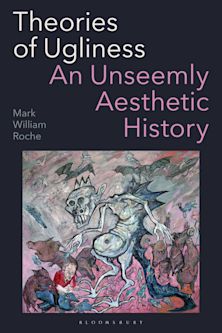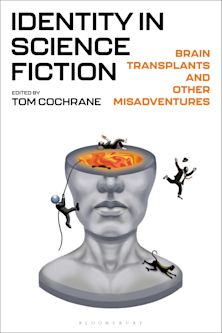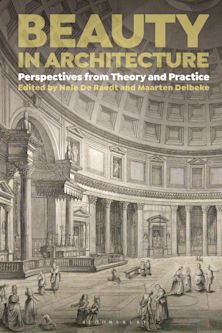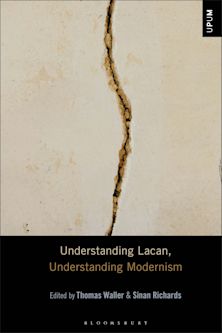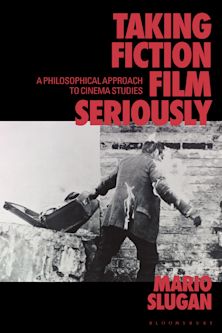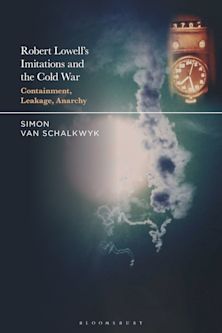- Home
- ACADEMIC
- Philosophy
- Aesthetics
- What is Theory?
What is Theory?
Cultural Theory as Discourse and Dialogue
What is Theory?
Cultural Theory as Discourse and Dialogue
You must sign in to add this item to your wishlist. Please sign in or create an account
Description
The term 'theory' is nowadays most commonly defined in relation to the concept of 'scientific knowledge'. Yet the etymological background of the term ('to observe') reminds us that theory is in fact a way of viewing objects and of relating them to one another within a particular kind of discourse. The word 'discourse' implies that we are dealing with linguistic structures and that, in the realm of cultural and social sciences, theory can therefore only be understood as a linguistic construct. In What is Theory?, Peter V. Zima argues that this concept of theory has never been adequately analysed. He asserts that social scientists have been dealing with concepts such as 'culture', 'ideology', 'language' and 'discourse' without ever attempting to define the concept of theory itself. This new study re-examines the most important theoretical debates of the twentieth-century and, in engaging with the critical work of Adorno, Horkheimer and Bakhtin, offers an alternative concept of theory, one that is dialectical and dialogical, relating theoretical positions to one another in order to test them in systematic confrontation. In a critical development of Popper's idea of refutability and testability, Zima's theory opens up new perspectives and reveals pitfalls and problems which the traditional approach often obscures. In this engaging and highly original study Zima offers a new definition of theory from a cultural and sociological perspective, arguing that the encounter of heterogeneous points of view in critical dialogue can improve interaction and increase coherence in the humanities.
Table of Contents
Introduction: Problems and Definitions
PART I: Theoretical Discourse in the Cultural and Social Sciences: Definition
1. The Cultural Character of Theory
2. The Linguistics and Ideological Determinants of Theories: Theory as Sociolect and Discourse
3. Theory, Science, Institution and the "Strong Programme"
4. A Value-free, Falsifiable Theory? The Relationship between Value-Freedom, Intersubjectivity and Refutability
5. Paradigms in Cultural and Social Sciences?
PART II: The Unity of Opposites: Prolegomena to a Dialogical Theory
6. Between Universalism and Particularism: Popper and Lyotard (Kuhn, Winch)
7. Intersubjectivity and Perspective: Davidson and Mannheim 8. Realism and Constructivism: Lukacs and Glasersfeld
9. System and Field: Luhmann and Bourdieu
10. Intersubjectivity and Power Structures: Habermas and Foucault (Althusser, Pecheux)
PART III: Dialogical Theory: A Meta-Theory of Scientific Communication
11. Critical Theory as Dialogue: Ambivalence and Dialectics, Non-Identity and Alterity
12. Subjectivity, Reflection and the Construction of Objects in Discourse
13. Interdiscursive Dialogue: Theory
14. Interdiscursive Dialogue: Practice
15. Communication in a Fragmented Society: Pluralism, Indifference and Ideology
Bibliography
Index
Product details
| Published | 25 Jul 2017 |
|---|---|
| Format | Paperback |
| Edition | 1st |
| Extent | 304 |
| ISBN | 9789386643155 |
| Imprint | Bloomsbury Academic India |
| Dimensions | 230 x 160 mm |
| Publisher | Bloomsbury Publishing India Pvt. Ltd |
About the contributors

ONLINE RESOURCES
Bloomsbury Collections
This book is available on Bloomsbury Collections where your library has access.












